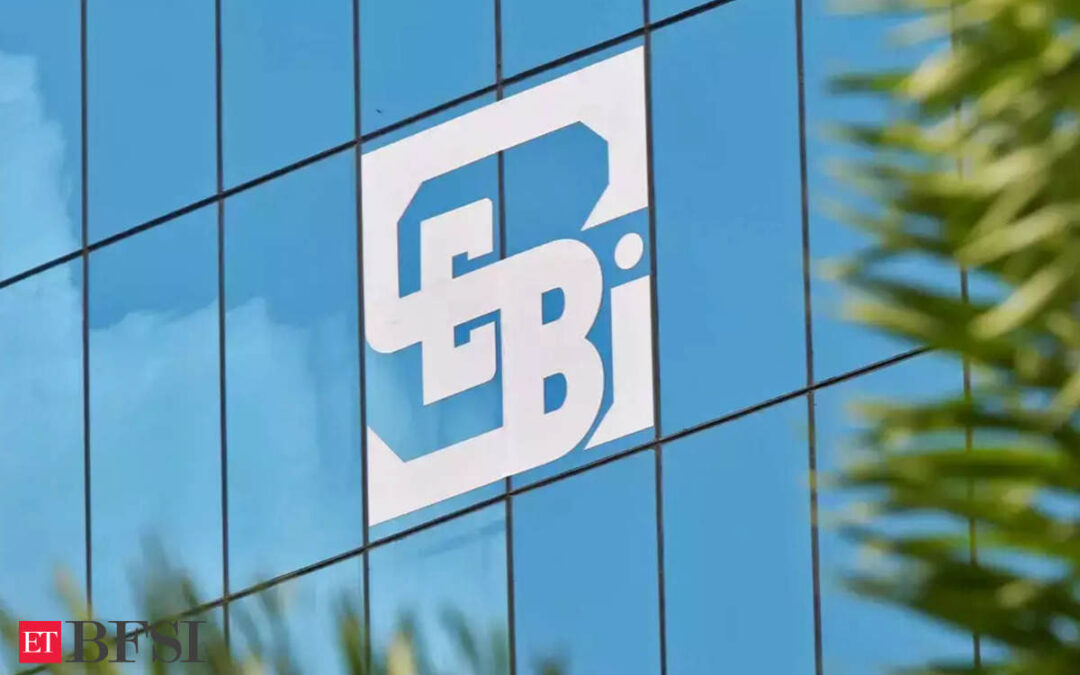The Securities and Exchange Board of India (Sebi), in an attempt to address risks emerging from the rapid expansion of options trading, is reportedly mulling over some modifications to its derivative trading regulations, news agency Reuters reported citing two sources who did not wish to be identified.
Retail investors have primarily led the expansion in trading in index and stock options in India in last few years, with notional value of index options traded in 2023-24 reaching $907.09 trillion, more than double than the previous year. However, this has has triggered warnings from market participants and government officials.
The potential new regulations can include increased margins for options contracts and more comprehensive disclosures, which are under consideration following a series of discussions with exchanges, brokers, and fund houses over the past four months.
Meanwhile, the sources said that the first step being considered by the regulator is to link options trading with underlying cash volumes in a stock to limit the accumulation of open positions in less liquid stocks. Additionally, they said that if there is an excessive build-up of options positions relative to cash volumes, the margin requirement for trading options would increase.
Sebi is also reportedly considering increasing disclosures on index and stock options contracts, rather than solely reporting options activity and open interest, as it is currently done. Furthermore, the regulator plans to ask exchanges to charge flat fees to brokers, regardless of their turnover, modifying the current practice of offering lower transaction fees to brokers with high turnover.
However, the said proposed changes are currently in the discussion stage and will be open for public consultation over the next few months before implementation, the sources said.
Indian exchanges accounted for an astounding 78% of the 108 billion options contracts traded worldwide in 2023, according to the Futures Industry Association (FIA).
The National Stock Exchange, country’s largest exchange, reported that in April, 78% of trades were executed by investors trading less than Rs 10 lakh rupees ($11,969). This surge in volumes has attracted the attention of foreign trading firms, with US-based Jane Street and Millenium currently engaged in a legal battle over their India options strategies. Jane Street claimed to have generated approximately $1 billion in revenues from its strategy in 2023.
Surprisngly, despite the rise in options trading, the country’s exchanges have not yet introduced zero-day expiry options contracts. These contracts, which involve buying an option on the same day it is set to expire, are popular in markets like the United States as they allow traders to mimic similar strategies.
However, a source familiar with the government’s stance on it revealed that officials have privately expressed reservations about the potential surge in zero-day options trading, viewing it as “pure speculation” that serves no meaningful purpose in the market.
The government has also reportedly requested the regulator to consider increasing the lot sizes of options contracts to deter very small investors from entering the market.
“The real issue for the government and SEBI is less about risks to the financial systems but more about investor protection,” said Will Acworth, Senior Vice President of Data & Research at FIA adding that buying options without fully understanding the product is akin to gambling.










